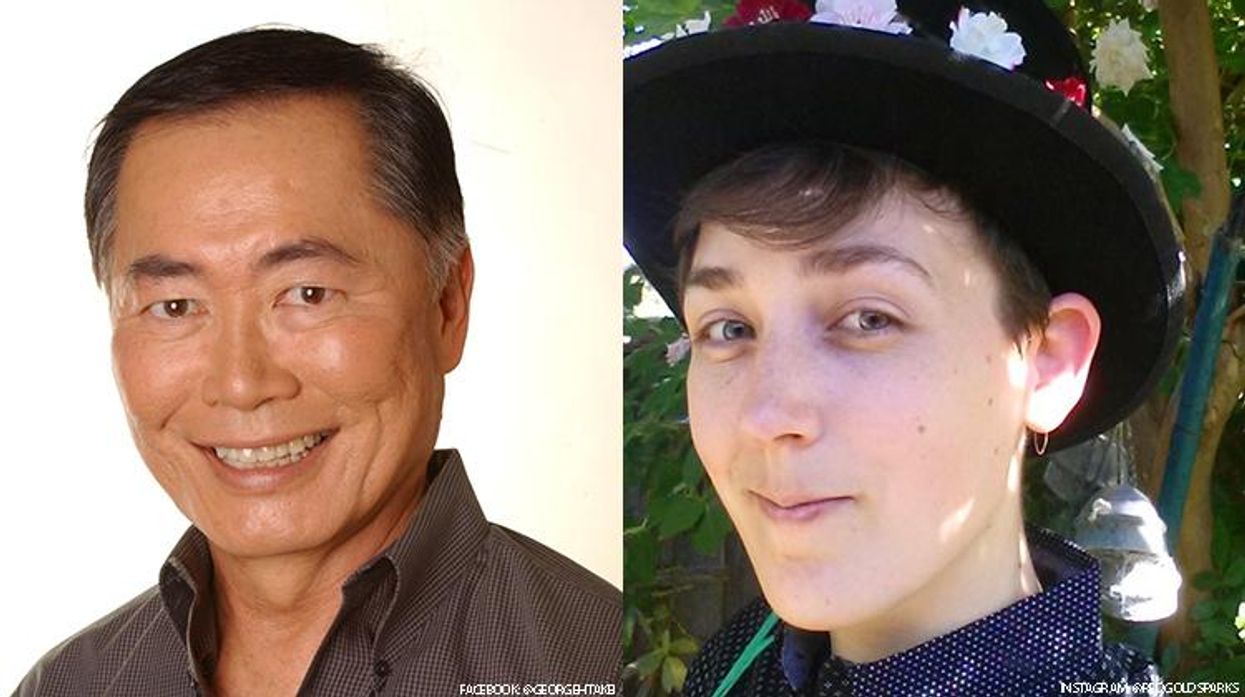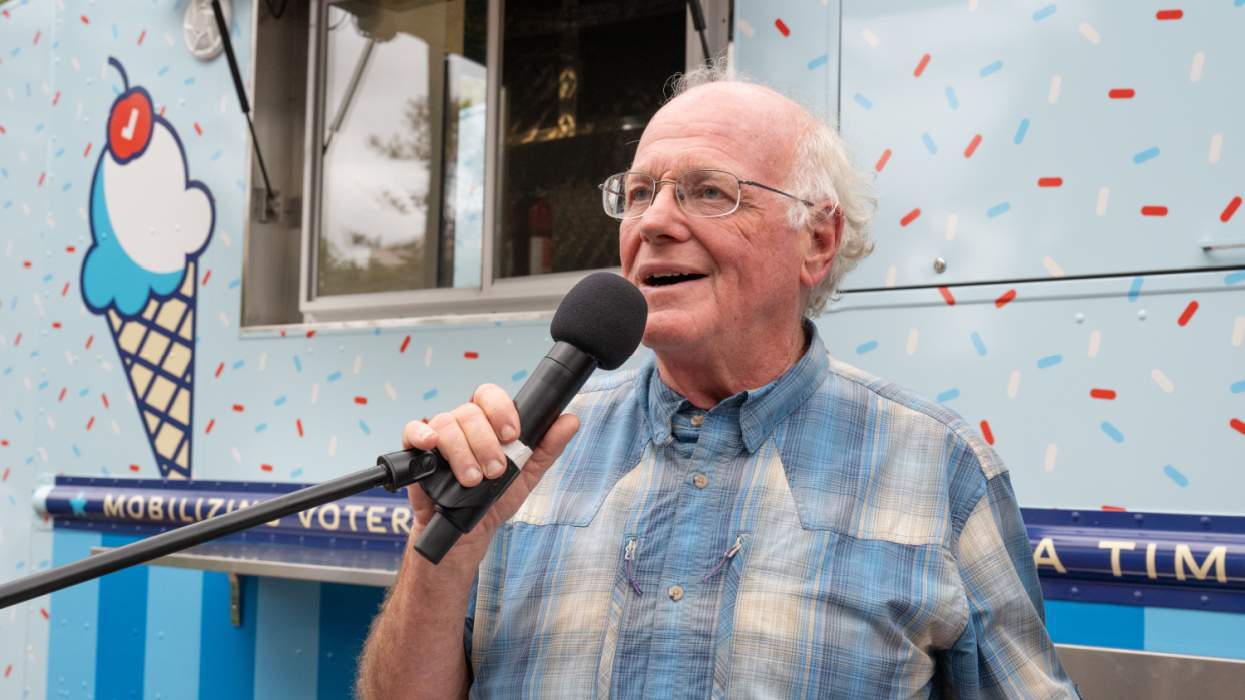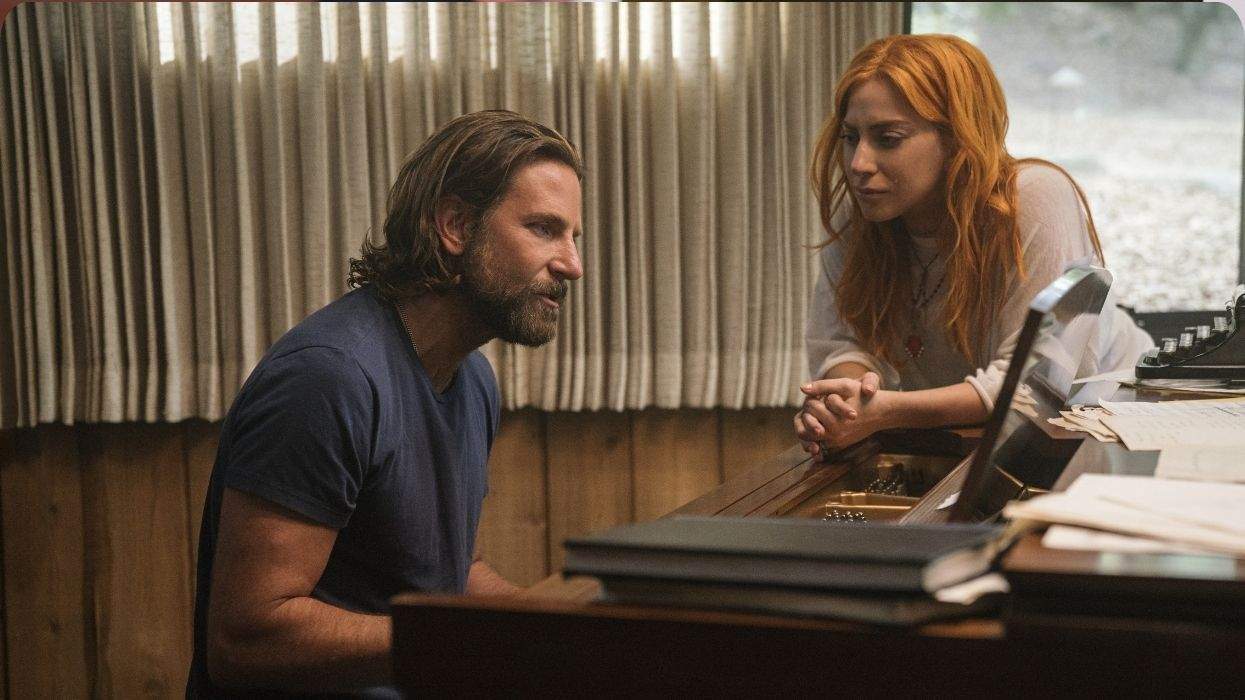Across the U.S., more than 1,000 books have been banned in 86 school districts in 26 states, according to a new study by PEN America.
The writers' organization, which advocates for literary freedom and freedom of expression, found most of the books 1,586 banned addressed issues of racism and LGBTQ+ lives.
PEN America notes that those books include the first novel by Nobel Prize winner Toni Morrison and the memoir of out Star Trek actor George Takei, in which he discusses his time at an internment camp in California during World War II because of his Japanese heritage.
"Challenges to books, specifically books by non-white male authors are happening at the highest rates we've ever seen," Jonathan Friedman, director of PEN America's Free Expression Program and lead author of the report, said in a release reported by Reuters.
"What is happening in this country in terms of banning books in schools is unparalleled in its frequency, intensity, and success," Friedman said.
Texas had banned the most books with 713 titles taken off library shelves. Pennsylvania came in second with 456 and Florida was third with 204 bans.
The titles with the most bans are overwhelmingly queer. Out of the top six, four deal with queer themes. Gender Queer: A Memoir by Maia Kobabe was banned in 30 school districts, All Boys Aren't Blue by George M. Johnson in 21, Lawn Boy by Jonathan Evison in 16, and Beyond Magenta: Transgender Teens Speak Out by Susan Kuklin in 11.
RELATED: 18 LGBTQ+ Books That Are Banned In Schools in 2022
On Thursday, the U.S. House of Representatives Committee on Oversight and Reform had a hearing on book bans.
"Learn to tolerate the speech you abhor as well as the speech you agree with," Rep. Jamie Raskin, a Democrat from Maryland, said. "If we cancel or censor everything that people find offensive, nothing will be left."
The CEO of PEN America Suzanne Nossel told CNN that the censorship of these books was in disregard of the First Amendment.
"By short-circuiting rights-protective review processes, these bans raise serious concerns in terms of constitutionality and represent an affront to the role of our public schools as vital training grounds for democratic citizenship that instill a commitment to freedom of speech and thought," Nossel said.
















Charlie Kirk DID say stoning gay people was the 'perfect law' — and these other heinous quotes
These are some of his worst comments about LGBTQ+ people made by Charlie Kirk.